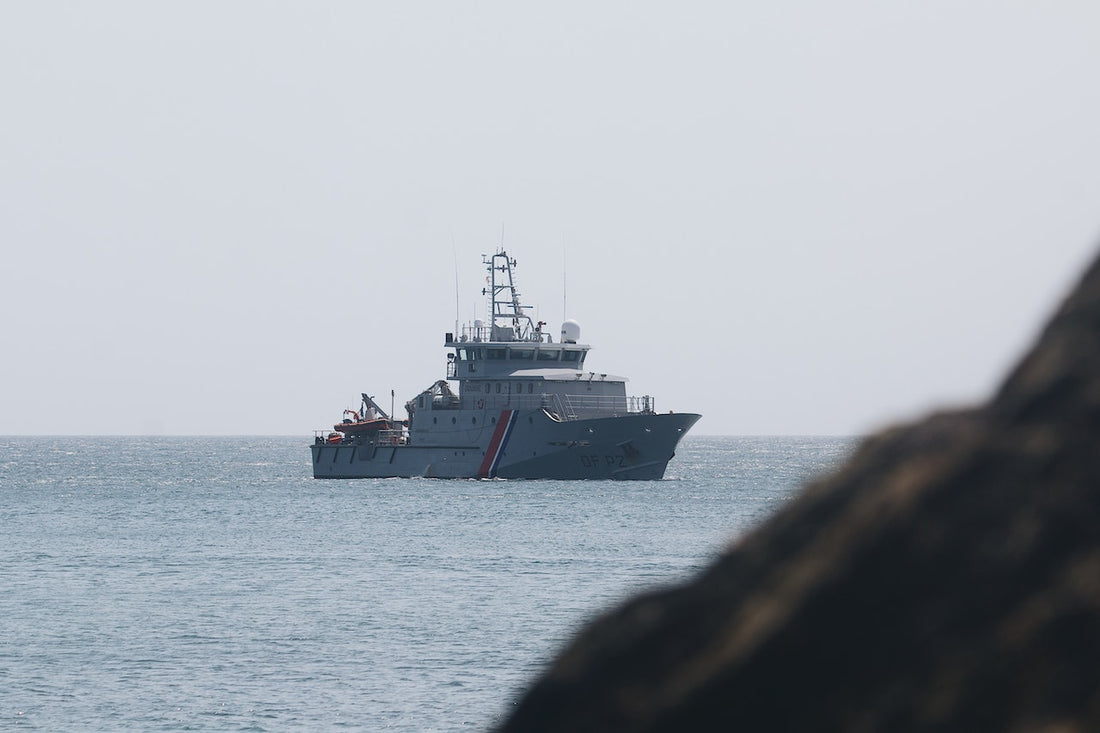On May 8, 2023, six crew members of a Danish vessel were rescued from the Gulf of Guinea, having been held hostage by pirates for over five weeks. This recent incident underscores the ongoing threat of maritime piracy in today's world.
What is Modern Piracy?
Modern piracy continues to pose a significant threat to global maritime security, jeopardizing sailors, trade routes, and regional stability. Despite a decreasing trend and measures to combat this criminal activity, piracy continues to evolve, adapting to changing circumstances and exploiting vulnerabilities in maritime regions worldwide.
While traditional piracy was mainly associated with looting ships for material gain, contemporary piracy has become more complex and multifaceted. Modern pirates often engage in a range of illicit activities, including ship hijacking, kidnapping for ransom, illegal trafficking of weapons and drugs, and maritime terrorism.
Why Does Piracy Persist Today?
Several factors contribute to the prevalence of modern piracy. Economic disparities, political instability, weak governance, and inadequate law enforcement create fertile ground for pirate networks. Poverty and unemployment within coastal communities often compel individuals to turn to piracy for survival. Additionally, the presence of valuable natural resources, strategic trade routes, and areas with limited maritime security further heightens piracy risks. Piracy hotspots include the Gulf of Guinea, Gulf of Aden, Strait of Malacca, and Sulu-Celebes Sea.
Modern piracy presents a significant threat on multiple fronts. It endangers the safety and well-being of sailors, who often endure harrowing ordeals, including physical harm, prolonged captivity, and psychological trauma. Piracy disrupts global trade and shipping activities, leading to increased costs, delays, and potential economic losses. It also compromises regional stability, as pirate networks can fund and facilitate other criminal activities, exacerbating existing conflicts and threatening security in the affected areas.
How to Combat Modern Piracy?
Battling modern piracy demands a comprehensive and collaborative approach involving governments, international organizations, navies, and the maritime transport sector. Various measures have been implemented to effectively tackle piracy:
-
Strengthening Maritime Security: Naval patrols, coordinated multinational operations, and an increased law enforcement presence have served to deter and apprehend pirates. The international community has established naval task groups and information-sharing mechanisms to enhance response capabilities.
-
Capacity Building and Training: It's crucial to assist vulnerable coastal states in developing their maritime security capacities. This includes training local law enforcement and coast guard personnel, and improving surveillance, communication, and response infrastructure.
-
Best Management Practices: The maritime transport sector has adopted best management practices to mitigate piracy risks. These include measures for hardening ships, security protocols, and adherence to recommended transit corridors and reporting procedures.
-
International Legal Frameworks: Strengthening legal frameworks and ensuring pirates are effectively prosecuted are essential in combating piracy. International agreements like the United Nations Convention on the Law of the Sea (UNCLOS) and various regional initiatives provide a basis for prosecuting and suppressing piracy.
At Global Marine, we offer expertise on port and port activities' safety and security to mitigate piracy risks. By enhancing maritime security, addressing root causes, promoting regional cooperation, and supporting affected communities, we can work towards mitigating the threats posed by piracy. Safeguarding global maritime security is not only essential for protecting sailors and preserving trade routes but also for promoting stability, prosperity, and sustainable development in regions impacted by piracy.

